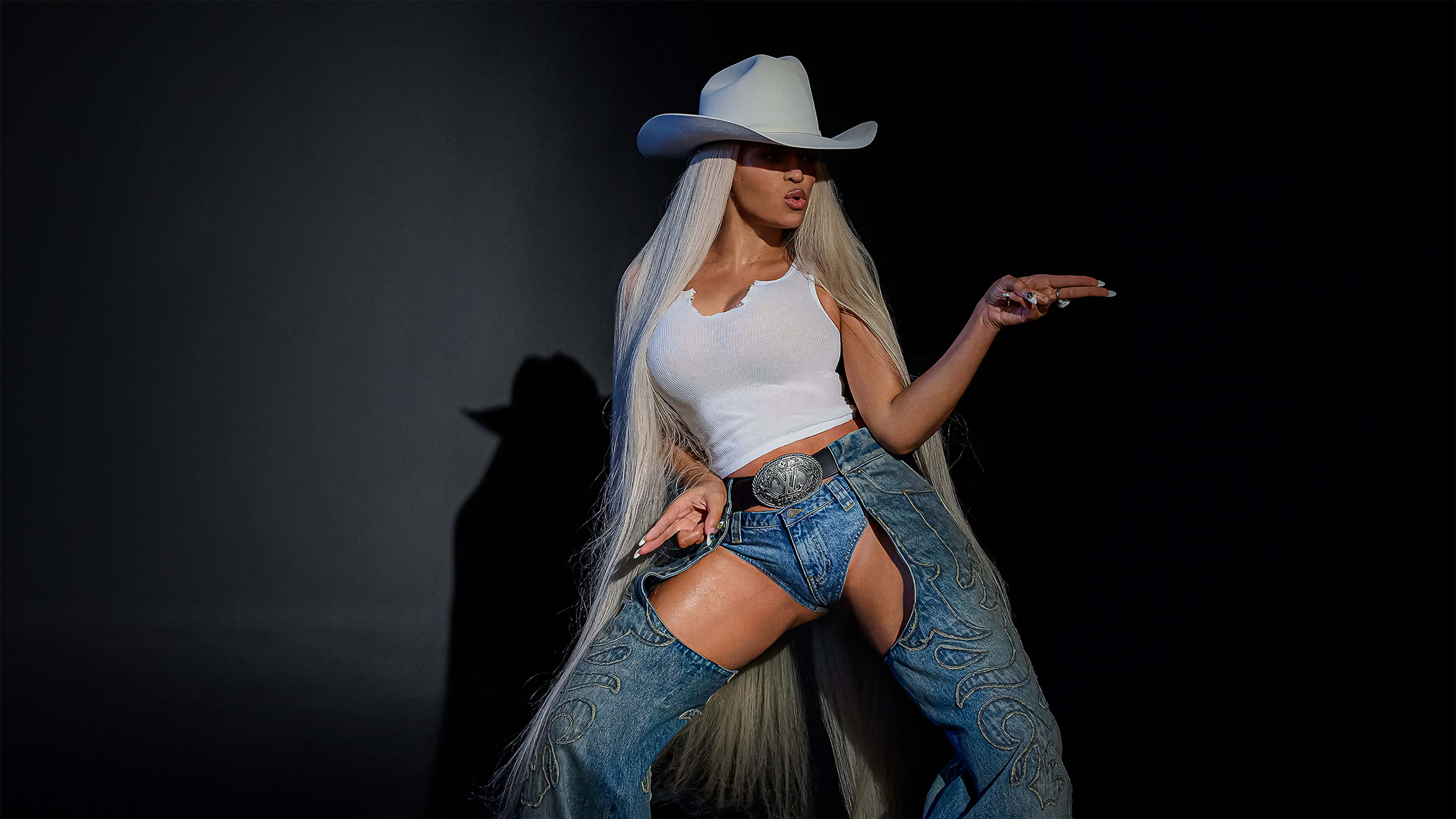By CultureBanx Team
- Black men’s unemployment soared to a high of 16% in June 2020, by February 2022, their unemployment hovered at more than twice that of white men, at 6.4%
- The unemployment rate for Black Americans in March was 6.2%, nearly twice the amount of the overall U.S. unemployment rate at 3.6%
The labor market is recovering from the pandemic with the overall U.S. unemployment rate falling to 3.6% in March. However, it remained stagnant for women and Black Americans at 3.3% and 6.2% respectively. Specifically, Black men continue to experience persistent unemployment gaps and reduced economic opportunity, especially the older and disabled part of this demographic, with men aged 25-54 in the labor force at a rate of 6.5%. Is this economic recovery revealing the impacts of continuing systemic racism in the labor market?
Why This Matters: A decline can seem to indicate progress, but for Black people, the percentage was too high to begin with. Black men’s unemployment soared to a high of 16% in June 2020, by February 2022, their unemployment hovered at more than twice that of white men, at 6.4%. The Black unemployment rate has fallen, but the division in economic recovery is glaring. Vulnerable industries like retail, leisure and entertainment have an overrepresentation of young people, women and minorities who have seen larger declines in unemployment compared to other groups.
Workers across all racial groups have experienced larger declines in their unemployment rate compared with the recovery after the Great Recession in 2008. Minority laborers represent a significantly larger percentage of vulnerable employees, especially in cities like New York, Washington D.C. and Chicago, where there are more than 500,000 vulnerable workers who make up nearly half of that group.
From April 2020 to June 2020, only 13% of jobless Black workers received expanded unemployment benefits under the CARES Act. It’s plausible that there are far more Black men who are jobless than the already high unemployment figures would suggest, further contributing to greater poverty, reduced financial stability, and a lack of generational wealth in Black families and communities.
If Black men experienced the same unemployment rate as white men, on average, 406,270 additional Black men would have been employed each month in 2021, according to American Progress. An economy where Black men consistently experience significantly higher unemployment rates than white men cannot be considered as having reached full employment.
Situational Awareness: Relatively high under-employment and unemployment over the past decade has meant that many Black households were unable to fully participate in the economic recovery currently taking place. In 2020, Black men earned just 75 cents for every $1 earned by white, non-Hispanic men.This means that the economic recovery is actually perpetuating systemic racism at the cost of continuing to widen the racial wealth gap.
CBx Vibe: “Work REMIX” A$AP Ferg, A$AP Rocky & French Montana









